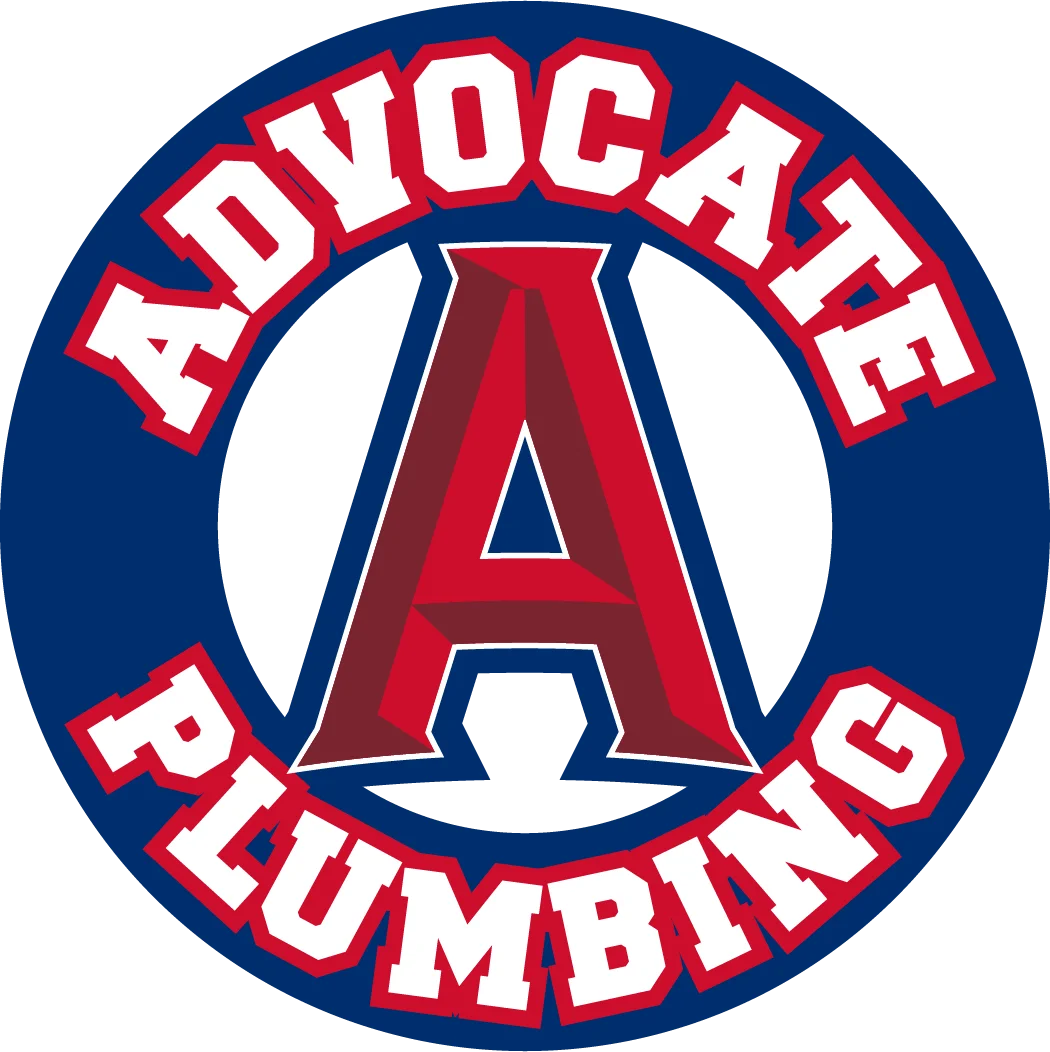Serving Hamilton County & Surrounding Areas
How to Check for a Gas Leak
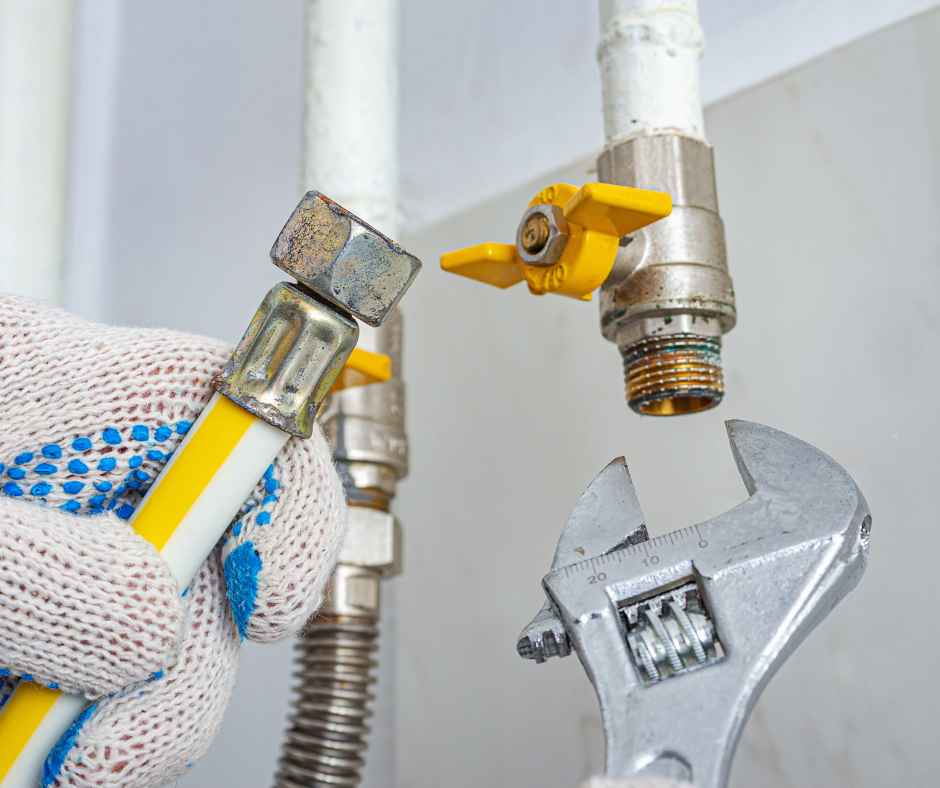
That strange rotten egg smell in your home isn’t something to brush off. It’s one of the clearest warning signs that you may have a gas leak—and it demands immediate attention. Gas leaks are serious, potentially dangerous problems that can affect your health, safety, and home. Even small leaks can waste energy, trigger symptoms like headaches or dizziness, or worse, lead to fire or explosion if not addressed.
Fortunately, knowing how to check for a gas leak safely can help you stay calm and take the right steps. In this blog, we’ll walk through what to look for, how to test safely, and when to call in the pros.
Gas Leaks: A Serious Home Safety Concern
Gas leaks are not just minor household issues—they’re potentially life-threatening events. Natural gas is highly flammable and, when it leaks, can build up in enclosed spaces and create an explosion risk. Even without ignition, breathing in gas fumes can lead to serious health problems over time, especially for children, seniors, and pets.
These leaks often result from damaged gas lines, aging appliances, or improperly sealed connections. In some cases, even something as simple as shifting ground outside your home can crack a line underground. Since natural gas is invisible and odorless in its raw form, gas companies add a sulfur-like odor to help alert you to danger.
Being able to spot the signs of a gas leak early—and knowing how to respond—can prevent accidents and give you peace of mind. That’s why it’s essential to understand what causes gas leaks, what symptoms to watch for, and how to act quickly and safely when they occur.
Key Signs and Causes of a Gas Leak
Knowing what to look for is your first line of defense against gas leaks. Some signs are obvious, while others are more subtle—but all are important.
Common Signs
Be alert for these signs that may point to a gas leak in or around your home:
- Strong sulfur or rotten egg smell – The most recognizable warning, added by gas companies as a safety measure.
- Hissing sounds– A steady hissing or whistling near appliances or gas lines could mean gas is escaping.
- Dead or dying houseplants– Indoor plants wilting without explanation may be reacting to gas in the air.
- Headaches, dizziness, or nausea– Gas exposure can cause physical symptoms in people and pets.
- A spike in your gas bill– An unexpected increase could mean gas is leaking somewhere, even if you can’t smell it.
Causes / Why It Happens
Understanding what can lead to a gas leak can help you stay ahead of the problem:
- Corroded or aging gas lines: Over time, metal pipes can wear out or weaken, especially in older homes.
- Faulty appliance installation: Improperly connected gas stoves, furnaces, or water heaters can cause leaks.
- Damaged seals or connectors: Gaskets and fittings may dry out, crack, or shift over time.
- Accidental bumps or movement: Moving appliances like stoves or dryers can loosen the gas connections behind them.
- Natural disasters or shifting soil: Earthquakes, flooding, or soil erosion can damage underground gas lines near your home.
Solutions or Ways to Fix the Problem
If you suspect a gas leak, it’s critical to act carefully and quickly. Some basic steps can help you assess the situation—but in many cases, professional help is the safest solution.
DIY Solutions
If you believe there might be a minor leak and it’s safe to remain in your home:
- Sniff for the sulfur smell: Move from room to room and note where the odor is strongest—it can help identify the leak’s source.
- Listen for hissing sounds: Check around gas appliances and piping for unusual sounds.
- Use the soapy water test: Mix dish soap with water and apply it to suspected joints or fittings. If bubbles form, there’s likely a leak.
- Ventilate the area: Open doors and windows to allow fresh air in and help dissipate gas fumes.
- Shut off the gas supply: If you know where the main valve is and can reach it safely, turn it off and evacuate the home.
Important: Never use electronics, light switches, or open flames when you suspect a gas leak.
When to Call a Professional
You should always call a licensed plumber or your utility provider if:
- You smell gas and can’t find or stop the source.
- You experience physical symptoms like dizziness or headaches indoors.
- Your carbon monoxide or gas alarm is sounding.
- There are signs of a larger leak, such as multiple dying plants or ongoing high gas bills.
Trained professionals have the right tools and training to detect, repair, and verify gas line safety—something that should never be left to chance.
Additional Tips to Prevent Gas Leaks
Staying ahead of gas leaks is all about prevention and awareness. These tips can help you keep your home safe and your gas lines in top shape:
- Schedule annual inspections: Have a licensed professional check your gas appliances, water heater, and furnace each year.
- Install gas detectors: Place natural gas and carbon monoxide detectors near gas-powered appliances and in sleeping areas.
- Keep vents clear: Make sure ventilation around gas appliances isn’t blocked by clutter, dust, or furniture.
- Avoid DIY gas work: Only qualified professionals should install or service gas lines and equipment.
- Know your gas shutoff valve: Learn where your home’s main gas valve is and how to turn it off in an emergency.
- Secure gas appliances: Avoid moving stoves or dryers unless the gas line is disconnected first.
- Stay alert after natural disasters: After floods, earthquakes, or heavy storms, have your gas system inspected if anything seems off.
Practicing these habits can reduce the chances of a leak and help you catch any potential issue before it becomes dangerous.
Wrap-Up: Stay Safe by Checking for Gas Leaks
Gas leaks are serious, but with the right knowledge and quick action, they can be safely handled—and often prevented altogether. Whether it’s a small hissing sound or a strong rotten egg smell, it’s critical to act fast and avoid taking risks. Your safety and your home’s protection depend on catching the signs early.
While some initial checks can be done on your own, many gas-related issues require expert attention. From annual inspections to emergency response, professional help ensures every connection, seal, and line is secure and up to code.
If you suspect a gas leak or want peace of mind from a thorough inspection, contact Advocate Plumbing today. We’re here to keep your home—and your family—safe.
Recent Posts
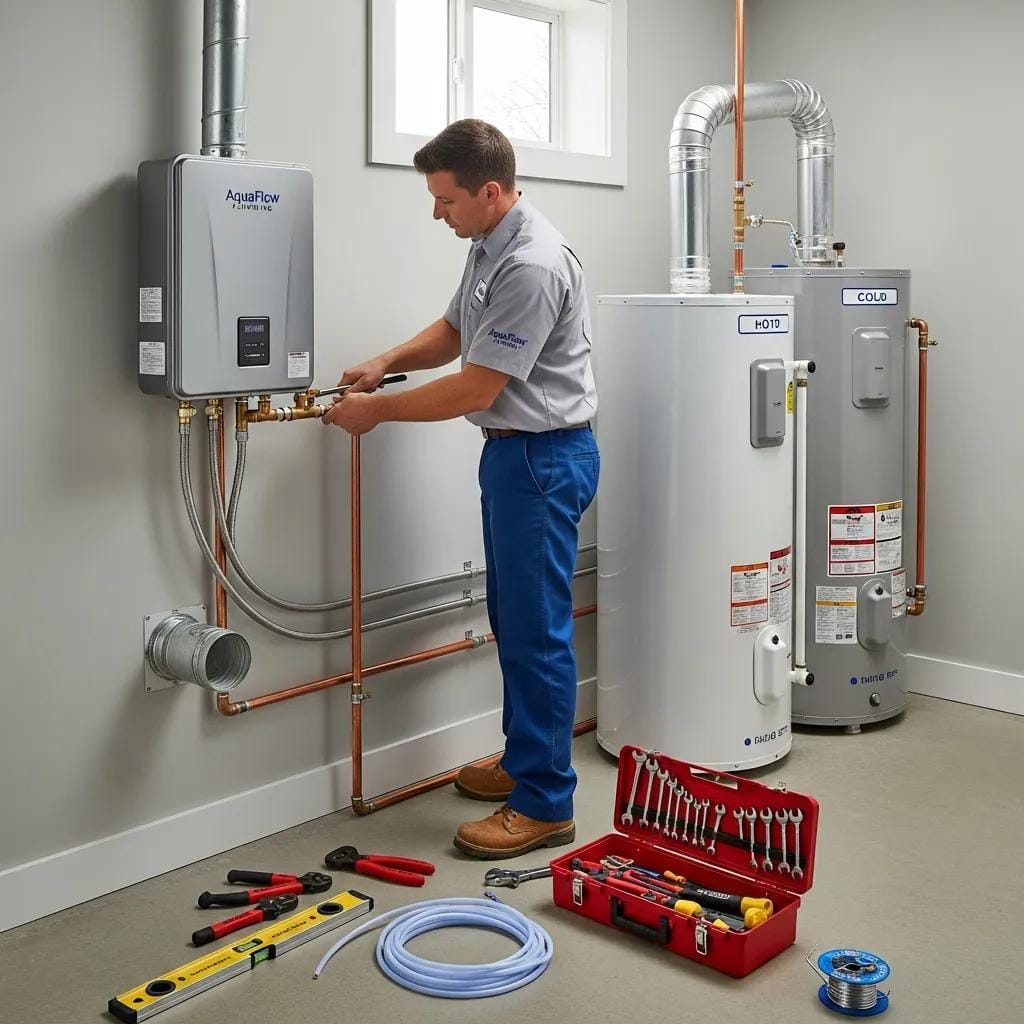
How to Choose the Right Water Heater Installation Company for Your Home
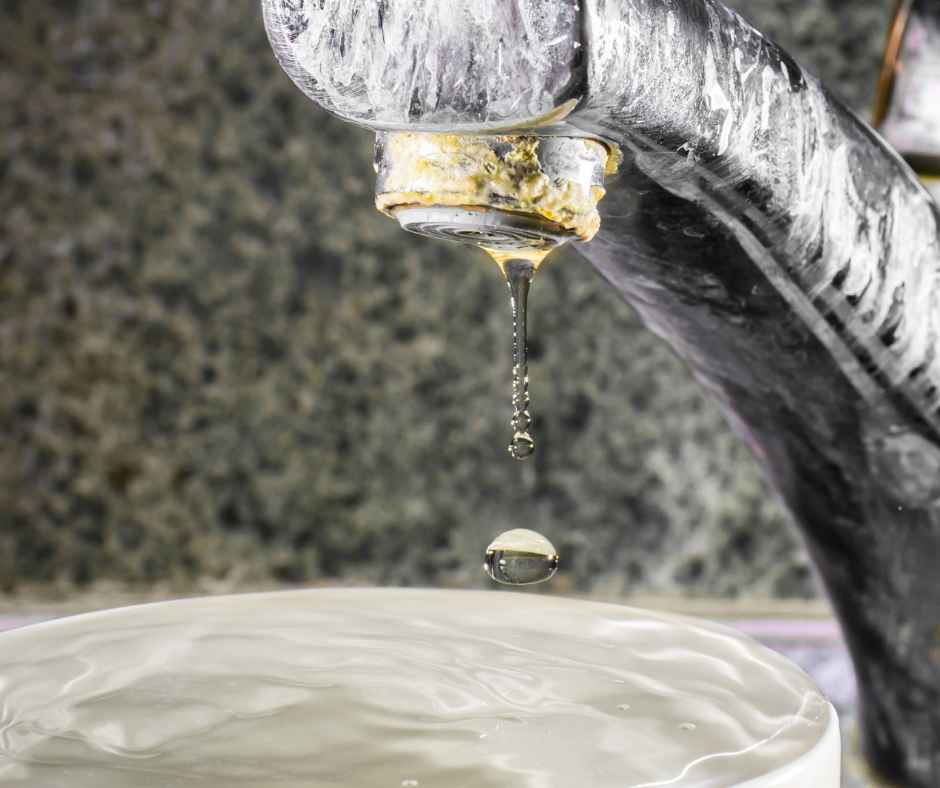
Hard Water & Hamilton County: Why Your Noblesville Home Needs a Water Softener

Preventing Pipe Bursts: Preparing Your Plumbing for Indiana’s Sub-Zero Temps
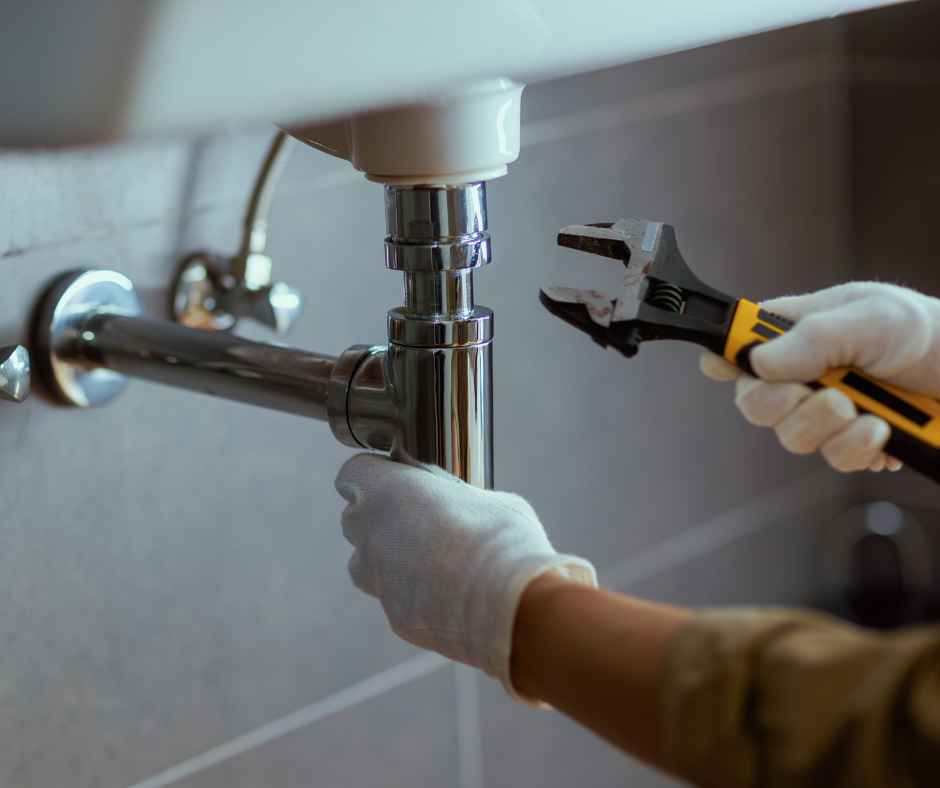
Why Hiring a Licensed Plumber Matters for Your Home’s Safety and Efficiency
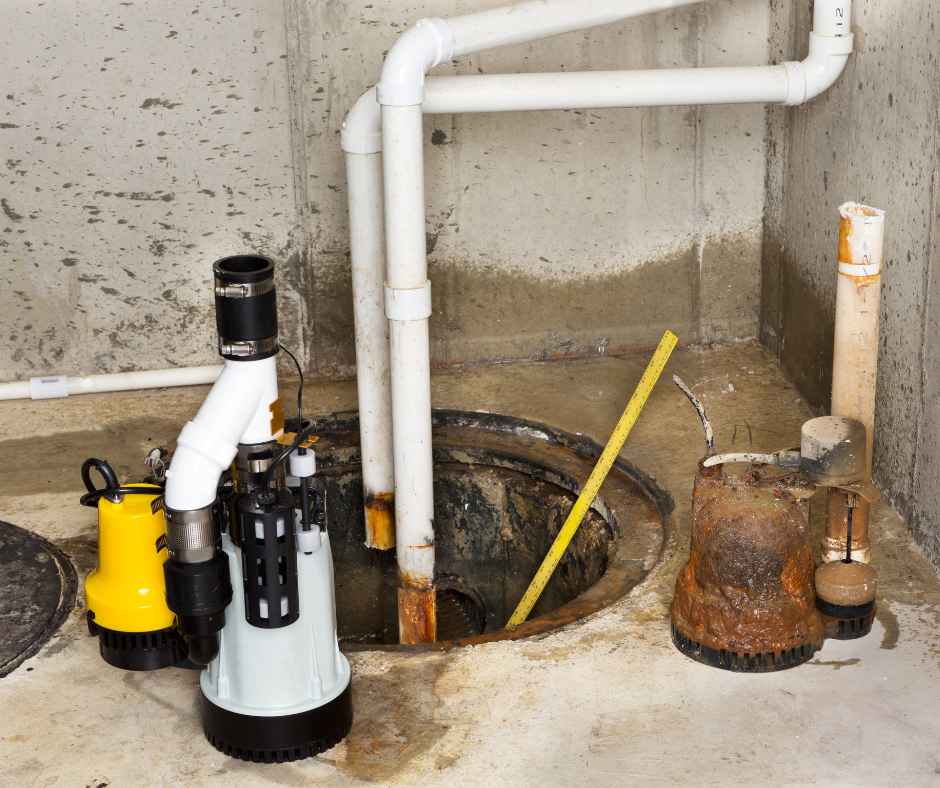
Why Your Sump Pump Needs Regular Maintenance and How to Do It
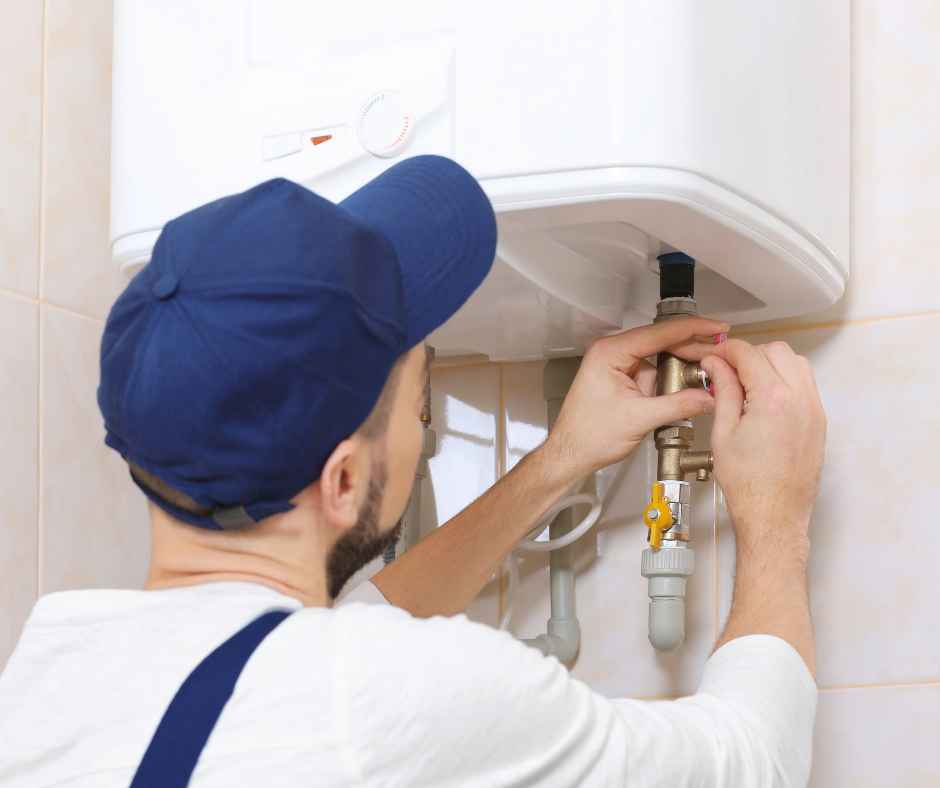
How to Choose the Right Water Heater for Your Home
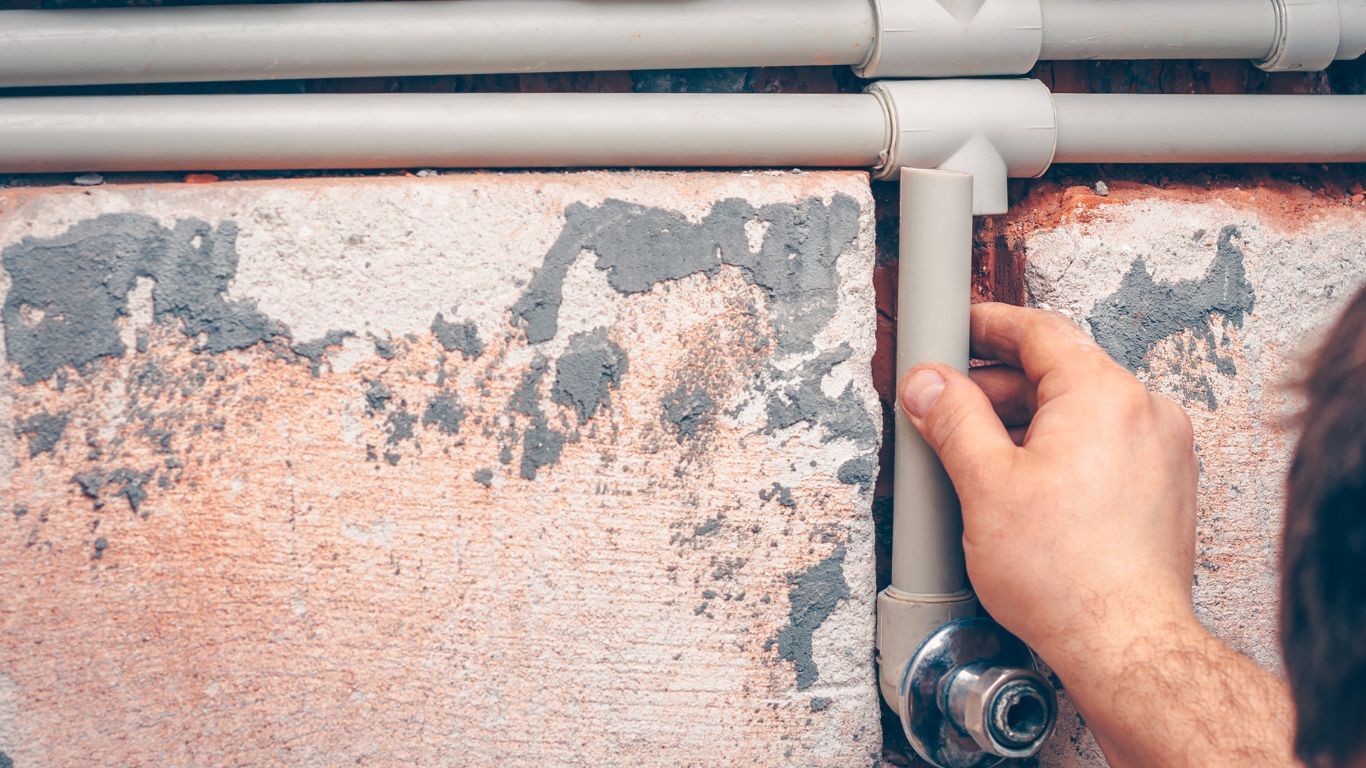
Preventive Plumbing Inspection Guide Every Homeowner Should Follow
Get in Touch
